(626) 539-3524
Building Psychological Flexibility After Trauma

Trauma can make life feel rigid and limited. Many trauma survivors respond by avoiding triggers, shutting down emotions, or developing rigid thinking patterns that make it hard to move forward. This is a natural response to overwhelming experiences, as the mind and body work to protect you from further harm. However, while these coping mechanisms may provide short-term relief, they often come at the cost of long-term well-being, limiting your ability to engage with life fully.
At Bydand Therapy, we use Acceptance and Commitment Therapy (ACT) to help clients build psychological flexibility. Psychological flexibility is the ability to adapt, remain open to experiences, and take meaningful action aligned with your values, even in the presence of discomfort. Instead of being stuck in survival mode, ACT helps you regain a sense of agency and resilience, allowing you to navigate life with greater ease and confidence.
What Is Psychological Flexibility?
Psychological flexibility is a skill that enables individuals to move through life’s challenges with greater adaptability and resilience. It consists of several key components:
- Adaptability – The ability to shift perspectives and behaviors rather than staying stuck in old patterns that no longer serve you.
- Emotional Openness – The capacity to experience a full range of emotions without being controlled by them.
- Values-Based Action – Making choices that align with your core values rather than being driven by fear or avoidance.
- Mindful Awareness – Staying connected to the present moment rather than being pulled into past trauma or future anxieties.
When trauma has made your world feel small and constricted, psychological flexibility helps you reclaim your ability to live fully despite discomfort. Instead of avoiding life’s challenges, you learn to engage with them in a way that fosters growth and healing.
How ACT Helps You Build Psychological Flexibility
ACT is an evidence-based approach that supports trauma survivors in developing psychological flexibility through six core processes. These processes help shift your relationship with painful thoughts and emotions, allowing you to respond to life in a way that aligns with your values rather than your fears.
1. Defusing from Limiting Beliefs
Trauma often creates painful internal narratives, such as “I’m broken,” “I can’t trust anyone,” or “I’ll never be happy.” These beliefs feel real because they are rooted in past experiences, but they are not absolute truths. ACT helps you recognize these thoughts for what they are—just thoughts, not facts. Through cognitive defusion techniques, you learn to step back from these limiting beliefs and see them as passing mental events rather than unchangeable realities.
2. Emotional Openness
Many trauma survivors learn to suppress emotions as a way to cope. However, avoiding emotions does not make them disappear—it only strengthens their hold over you. ACT encourages emotional openness by teaching you to sit with difficult emotions without letting them dictate your actions. Instead of being overwhelmed by fear, sadness, or anger, you develop the ability to acknowledge and process these feelings in a healthy way. This emotional flexibility fosters deeper healing and helps prevent emotional avoidance from running your life.
3. Present-Moment Awareness
Trauma often keeps people stuck in the past or fearful of the future. Flashbacks, intrusive thoughts, and hypervigilance can make it difficult to stay grounded in the present. ACT emphasizes mindfulness as a tool to anchor you in the here and now. By practicing mindfulness, you develop the ability to observe your thoughts and emotions without becoming entangled in them. This practice helps reduce the power of trauma-related distress and allows you to engage more fully in daily life.
4. Values-Based Action
When you have experienced trauma, it can be easy to lose sight of what truly matters to you. Instead of living according to your values, you may find yourself reacting to fear, avoidance, or self-doubt. ACT helps you reconnect with your core values and use them as a guide for decision-making. Whether it’s fostering meaningful relationships, pursuing creative passions, or prioritizing self-care, values-based action empowers you to make choices that align with the life you want to build.
5. Self-Compassion
Trauma often breeds self-blame and harsh self-judgment. You may feel responsible for what happened or believe that you should have done something differently. These thoughts can be incredibly painful and hinder the healing process. ACT encourages self-compassion by helping you treat yourself with the same kindness and understanding you would offer a loved one. By replacing self-criticism with self-acceptance, you create space for healing without the added burden of shame.
6. Committed Action
Healing from trauma is not just about processing the past—it’s also about building a fulfilling future. Committed action means taking concrete steps toward the life you want to live, even when it feels challenging. ACT supports you in setting realistic, achievable goals that align with your values. Whether it’s rebuilding trust in relationships, returning to activities you once enjoyed, or stepping outside your comfort zone in small ways, committed action helps you move forward with intention and purpose.
The Power of Flexibility in Trauma Recovery
Psychological flexibility is one of the most powerful tools for healing after trauma. It allows you to:
- Break free from avoidance cycles – Instead of structuring your life around avoiding pain, you learn to engage with life despite discomfort.
- Reduce emotional suffering – By allowing emotions to exist without fighting them, you reduce their intensity and impact.
- Reconnect with yourself and others – Trauma often isolates people from their relationships and sense of self. Psychological flexibility helps rebuild these connections.
- Regain a sense of agency – Instead of feeling powerless in the face of trauma, you develop the ability to make choices that support your growth and well-being.
At Bydand Therapy, we believe in the transformative power of psychological flexibility. ACT offers a pathway to healing that is not about erasing trauma but about building a life that is no longer defined by it.
Moving Forward: Reclaiming Your Life
If trauma has made life feel small and unmanageable, know that change is possible. By building psychological flexibility, you open the door to a future where you can engage with life more fully, with resilience and self-compassion. Healing is not about eliminating pain—it’s about learning how to carry it in a way that no longer controls you.
Are you ready to take the next step toward healing? At Bydand Therapy, we specialize in helping clients navigate trauma recovery using ACT and other evidence-based approaches. If you are in Wyoming or California, reach out today to schedule a convenient telehealth psychotherapy session. If you are outside these states, we offer international coaching through Bowen Family Systems to help guide you toward greater self-differentiation and resilience.
You don’t have to face this journey alone. Let’s work together to help you build a life defined by growth, not trauma.


